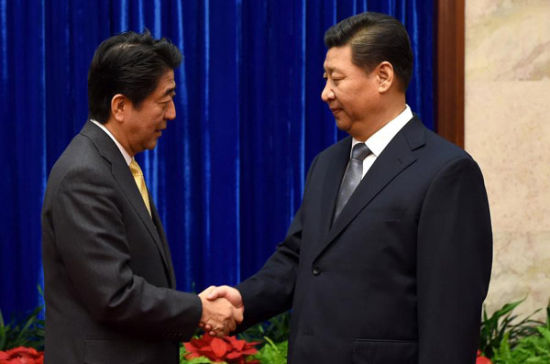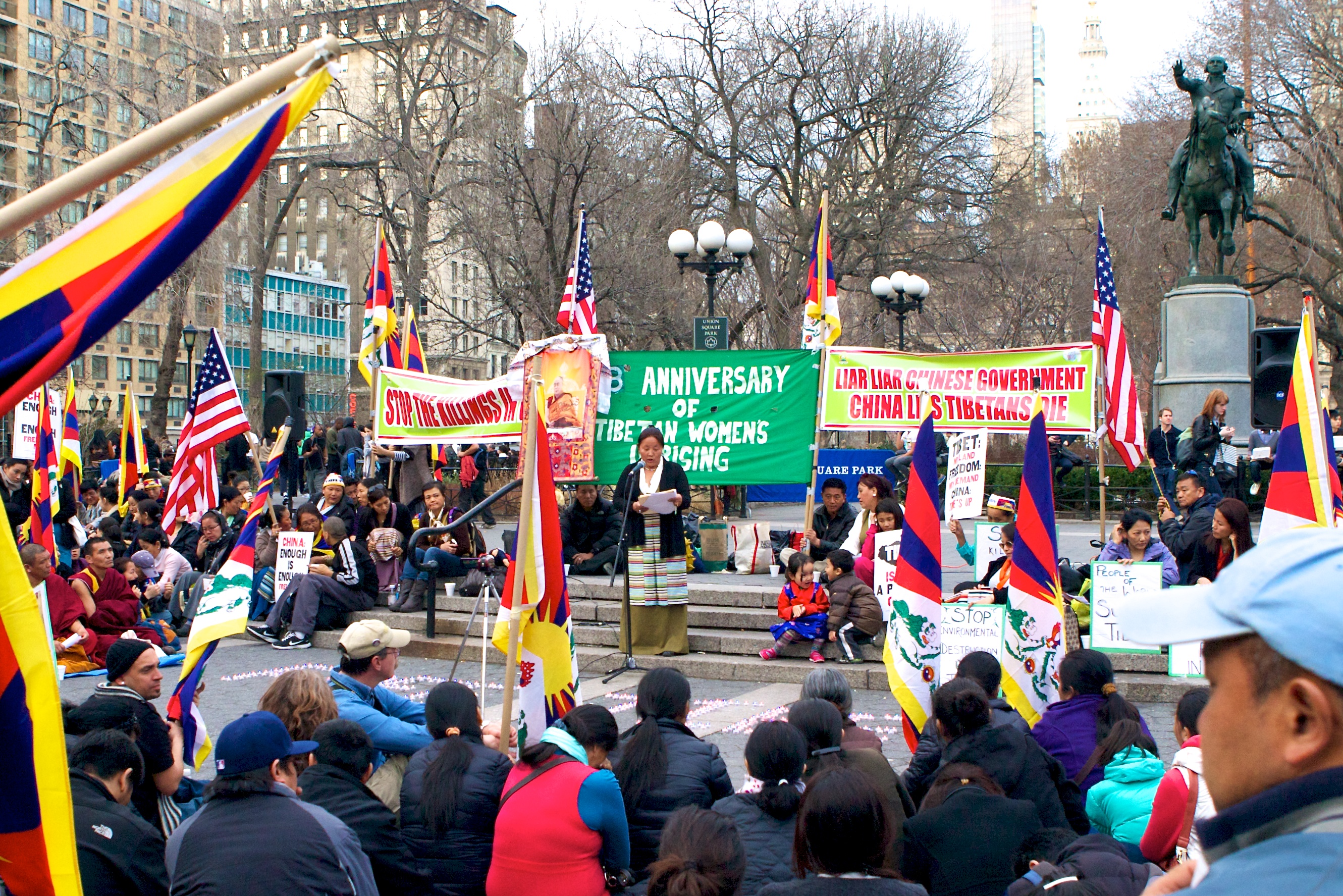Ice-break, landmark, long-awaited, pragmatism, those are the words used by the world’s media to describe the meeting between Chinese President Xi Jinping and Japanese Prime Minister Shinzo Abe during the 22nd Asia-Pacific Economic Cooperation (APEC) summit in Beijing that took place from 8-10 November.
But is this meeting as effective as they described? The things that happened during and after the meeting will give an answer.
At the 30-minute meeting Xi said Japan should help enhance mutual trust between Japan and its neighboring countries, while Abe stated that China’s peaceful development is a significant opportunity for Japan and the world. He added that Japan is determined to continue on the path of peaceful development.
Concerning the disputed islands that make the relationship particularly sensitive, Abe said Japan is willing to implement the four-point principle, an agreement reached by both sides earlier in November. This agreement clearly said “the two sides have acknowledged that they share different political opinions and agreed to prevent the situation from aggravating through dialogue and consultation.”
According to Chinese media, Xi met Abe “at the request of the Japanese side on the sidelines of the APEC meeting,” which means the Chinese President probably would not have met Abe if this summit were not held in Beijing.
More importantly, what the Japanese government did after the summit proved that the so-called ‘ice-break’ is only a mirage. On 13 November Japan’s Foreign Minister Fumio Kishida said that Japan did not acknowledge the disputes over the sovereignty of the island.
In a meeting held by the Japanese Foreign and Defense Committee in the House of Councillors on 14 November, Fumio Kishida said the four-point principle is just an agreement between Japan’s State Security Minister Shotaro Yachi and Chinese State Councillor Yang Jiechi, so it is not legally binding.
Since the escalation of the dispute over the islands in 2012, the same scenario keeps taking place. Japan makes a claim, the Chinese Foreign Ministry criticises it, whilst the Chinese people accuse Japan of being a traitor. This means China will never give in if Japan keeps conducting irresponsible claims and behaviours.
The islands conflict can not be settled at once, but the Sino-Japanese relationship will hardly get better unless both sides agree on how to properly tackle this dispute.








